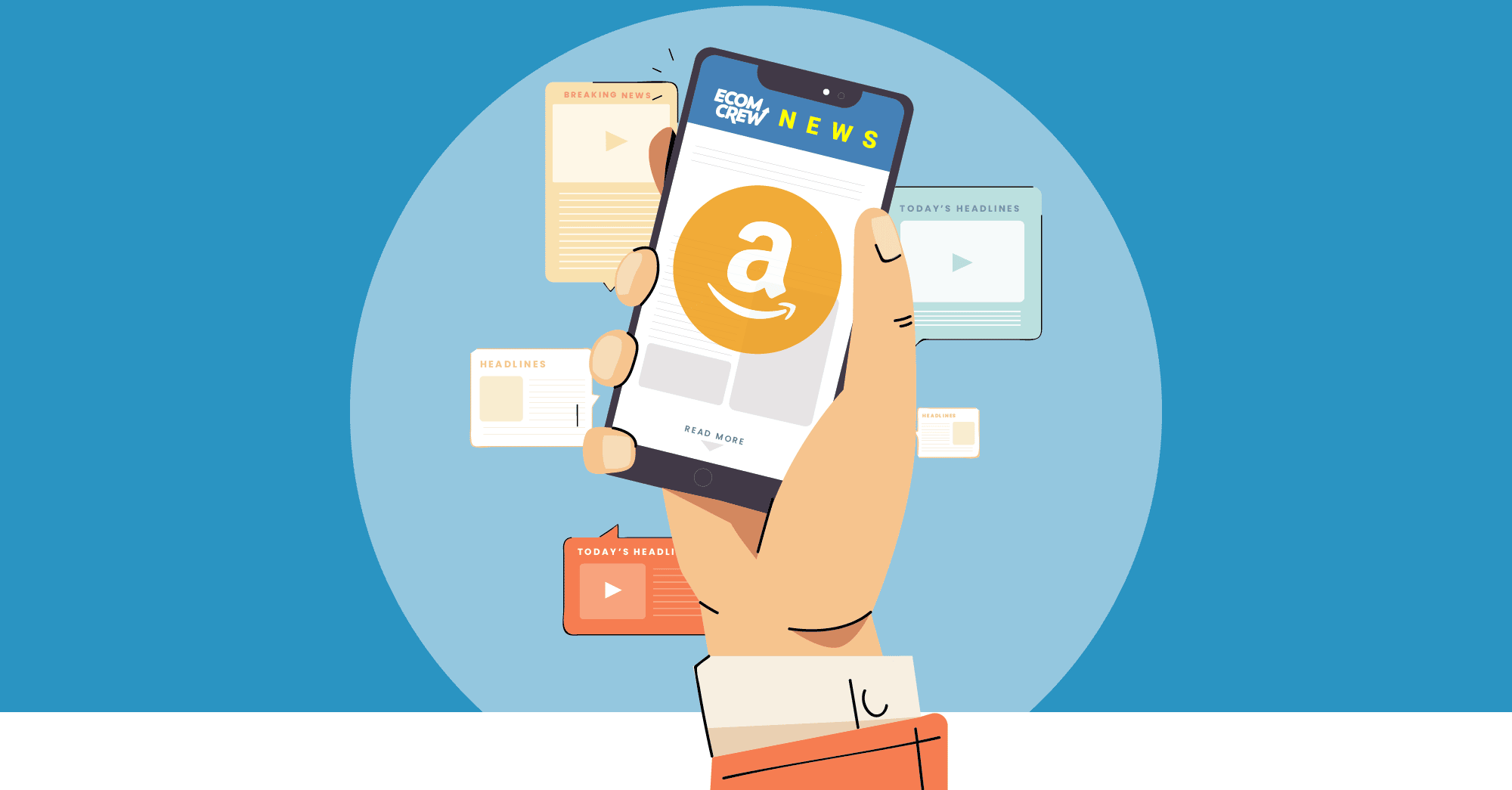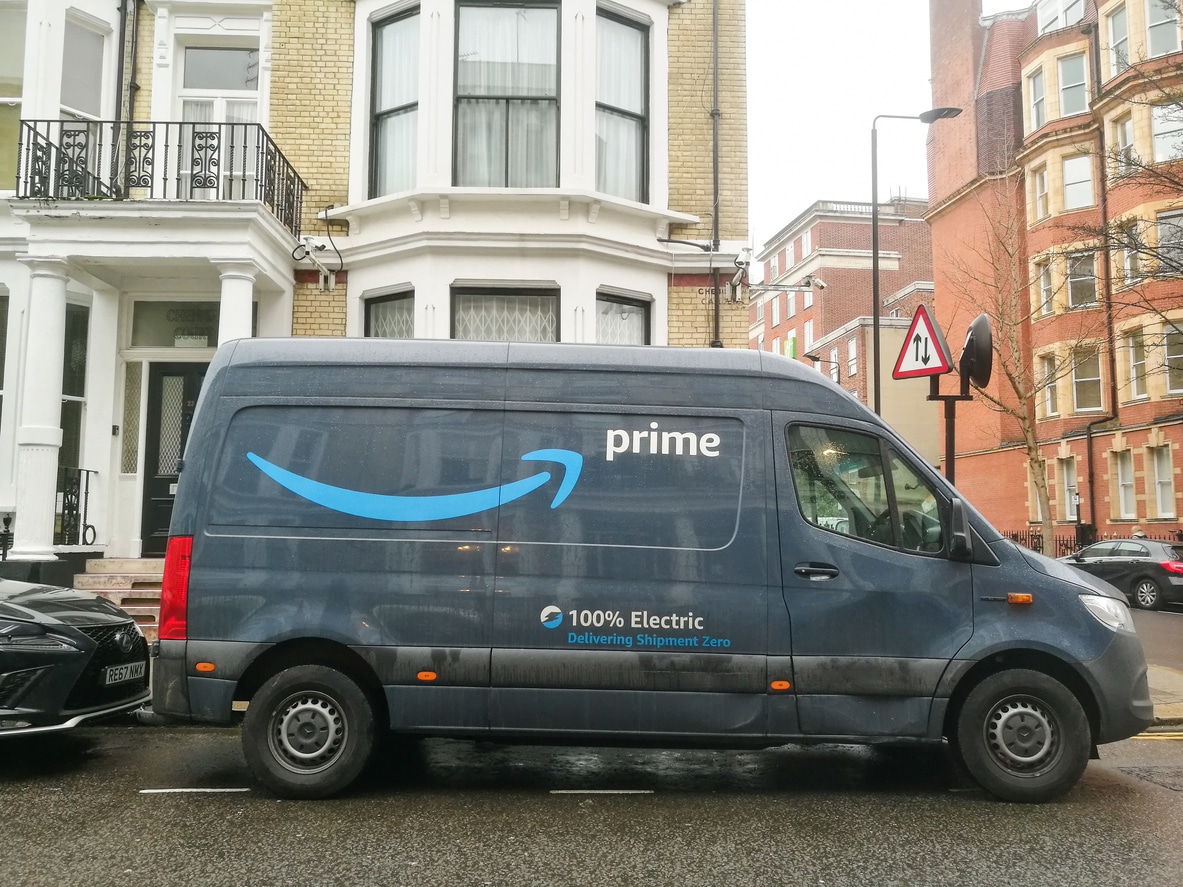Leaked Documents Reveal Amazon’s Plan to Scale Back Expansion of Delivery Network

After having doubled its logistics network throughout the pandemic, ecommerce giant Amazon is planning to bring fewer delivery partners into the fold this year as revealed by leaked documents, according to Insider.
Amazon’s Overcapacity Issue
According to the internal documents, Amazon is expecting to add only 451 Delivery Service Partners to its network this year, which is roughly 33% lower than its 600+ new launches in 2021 and less than half the 1100+ new partners it enrolled shortly after the pandemic broke out back in 2020.
Addressing the blistering pace of online retail during the pandemic, Amazon had doubled its logistics network last year to over 400,000 drivers, 40,000 trucks, and 70 cargo planes, with a number of new fulfillment centers to boot. Aside from the spike in the demand of online goods, major supply chain disruptions over the past few years also prompted such expansion, with experts believing that Amazon was eying to compete directly with staple logistics service providers like FedEx and UPS—the company’s Multi-Channel Fulfillment (MCF) service enables Amazon to fulfill online orders made even outside of its own Amazon.com marketplace.
Fast-forward to earlier this year, and Amazon is seeing dismal revenue growth numbers, as per its Q1 2022 earnings report. Its ecommerce arm grew by only 3% year-over-year, its slowest revenue growth rate since the dot-com boom about two decades ago. The slowdown is largely attributed to rising inflation, continuing supply chain crunches, and a cooling demand as the market normalizes after the pandemic.
For its part, Amazon claims that its focus moving forward will be less towards bringing more DSPs into the fold and more on the quality of candidates: “With less demand on candidate volume, the team pivoted the strategy to improving candidate quality,” according to one of the planning documents accessed by Insider. This attention to quality is also prompted by criticisms of the DSP program, among which are false suspensions, financial difficulties, and insufficient safety precautions.
Competition Is Ramping Up
Whereas Amazon scaling down its expansion on the logistics front is a direct consequence of its slowing growth, the company is also facing some ramping up competition.
- Last week, Vienna-based company Byrd secured $56M in funding to expand its warehousing, delivery, and software services to serve as a direct alternative to Amazon fulfillment in European markets.
- Also not long ago, Shopify was in talks to acquire Deliverr in a deal estimated at $2 billion. Deliverr is a relatively small company that assists Amazon, eBay, and sellers on other platforms with order fulfillment in 2 days or less. The acquisition is viewed as a move by Spotify that would enable it to expand its own logistics capabilities.
- CNBC reported Tuesday that Flexport is on track for $5 billion in revenue and is poised to compete with logistics giants like Amazon. The report stresses how a class of startups is levering proprietary technology to take on the big issues in global fulfillment.
- The Fulfilled by Merchant (FBM) model, where Amazon sellers use their own warehouse and/or third-party logistics providers to fulfill Amazon orders, has also regain favor among some sellers over the last few months. This is largely due to Amazon’s storage and restock limitations as well as a method of diversifying outside of Amazon and relying less on its FBA services.




